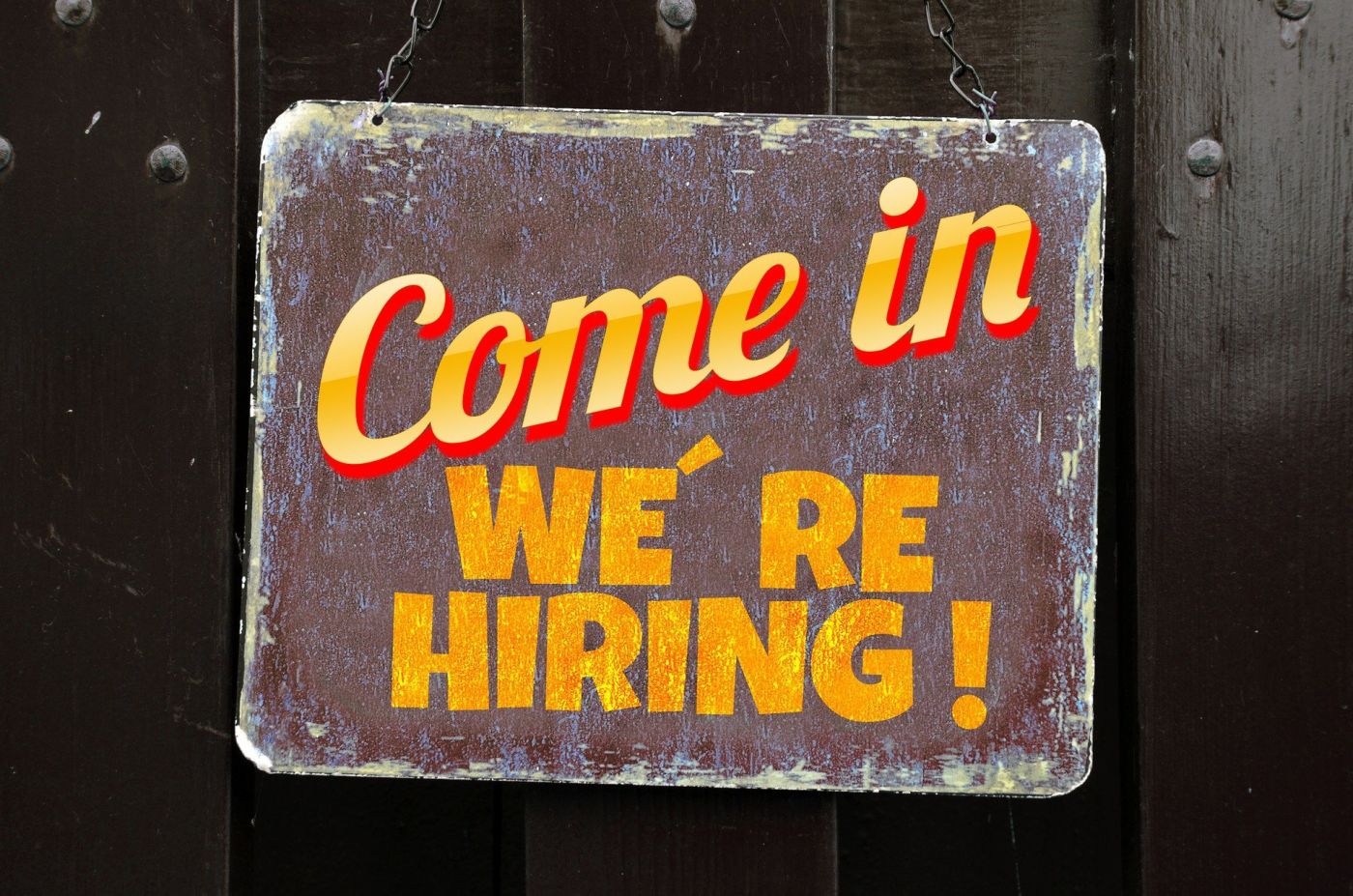
OUT OF WORK AND ON TRIAL: THE CONSEQUENCES OF UNEMPLOYMENT FRAUD
Unemployment fraud is a booming sector of crime in Colorado. Responding last year to the wave of springtime unemployment claims due to COVID, the Colorado Department of Labor and Employment instituted policies to help people get payments with minimal inconvenience. This left the benefits system much more vulnerable to fraud than before, and along with the usual individual domestic offenders, several foreign crime organizations took the opportunity to file false claims. CDLE officials now estimate that more than 30 million dollars was extracted fraudulently from their benefits pool in the scramble beginning with Colorado’s lockdown in April 2020, with over 1 million fraudulent claims filed. For reference, in 2019 there were around 90 such claims total.
But how is unemployment fraud defined? Is it treated the same across the board, whether you’re a recently-unemployed person who made a mistake or a Nigerian cybercrime syndicate acting with bad intent? What are the possible penalties? And what should you do if you suspect you’ll be charged with this offense?
What Is Considered Unemployment Fraud?
Unemployment fraud can be charged for various reasons. The most common is underreporting, or failing to report altogether, wages that otherwise would shrink the amount of money available to you on unemployment. Any money taken from the CDLE benefits fund must be tied to an accurate account of your pay during the relevant benefits period, which is typically two weeks long, and a discrepancy between the hours you claim to have worked and an employer’s timekeeping could be investigated as fraud. So, if you draw benefits while claiming to have worked 14 hours over a specific two week stretch, but your place of work files tax information showing that you worked 15 hours in that time, the one hour difference could hypothetically trigger a fraud probe. Also, you are required to search for work while on unemployment; falsely claiming to have done this is considered fraud, as is misrepresenting the reason you lost work or failing to admit that you turned down work. A final common example of this crime is cashing someone else’s benefits check without permission.
What Are the Criminal Penalties?
Unemployment fraud is treated as a species of theft; as with other theft, the penalties derive from the amount stolen. If you take more than $50 but less than $300, you’re looking at a class 3 misdemeanor for which you could spend up to 6 months in jail and incur a fine of up to $750. If you take more than a million, you would be charged with a class 2 felony and face up to 24 years in prison, along with a million dollar fine! As soon as you cross the two thousand dollar mark, theft by unemployment fraud becomes a felony, and if you’ve been drawing benefits regularly for a while, that amount is easy to reach.
Also, whether or not they cross that two thousand dollar mark, people with unemployment fraud cases almost always get hit with counts of computer crime in addition, because they ordinarily register for and request benefits online. Computer crime is a separate felony that can apply to a number of offenses including unemployment fraud, in theory offsetting the increased capability computers give people to commit crime. Therefore, even if the amount taken in an unemployment fraud case is less than the felony theft amount, the defendant will most likely have to deal with felony charges.
What Are the Monetary Penalties?
People convicted of unemployment fraud have to repay the full amount taken, plus a 65% penalty! This amount was raised several years ago from 50%, and it’s unlikely to go back down. Also, for each week they unlawfully received benefits, the guilty party may be denied benefits for four weeks even if otherwise eligible.
What to Do If You’re Charged
Many people get caught up in unemployment fraud investigations through simple error. Others do not realize how serious lying to the CDLE about their finances is until they are hit with charges. In any case, if you’re being accused of unemployment fraud, a consultation with an experienced attorney like the ones at Hebets & McCallin is imperative. They can find weaknesses in the case the state has brought, mitigate or rebut the evidence against you, and give you peace of mind be telling you what to expect and how to proceed at every step. It’s bad enough to be out of work; if you find yourself the defendant in a criminal case on top of that, reach out to us. We can help.
For more information click here
